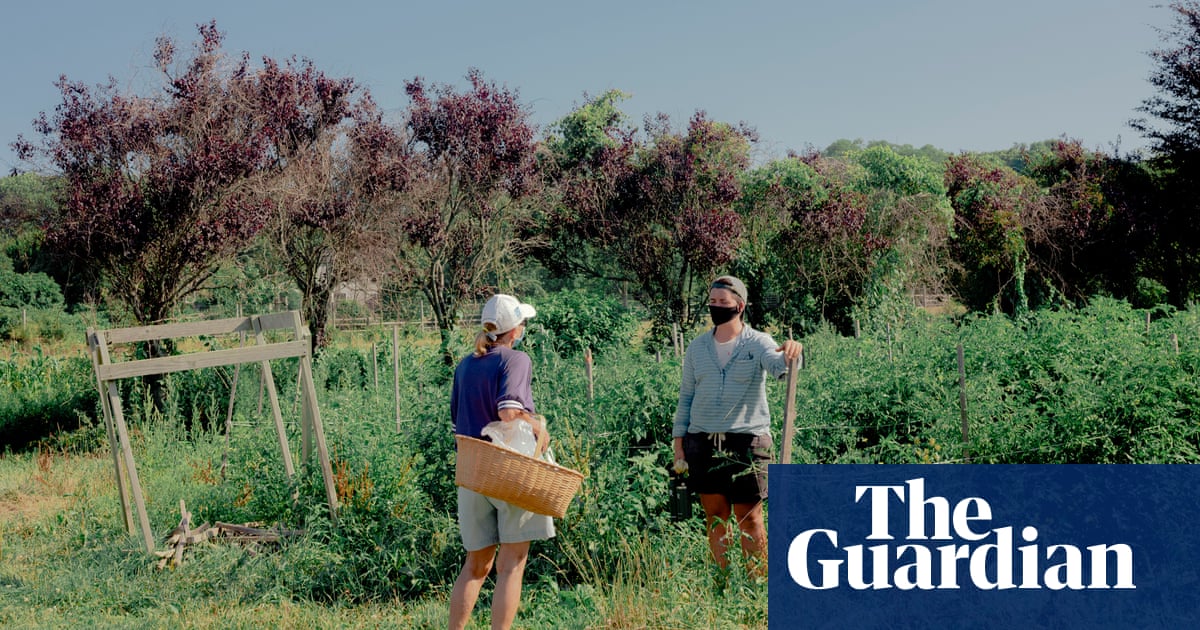On the same day the World Health Organization declared a pandemic, Quail Hill Farm’s new director faced a problem.
A group of AmeriCorps volunteers had just arrived on the Long Island farm, ready to get to work learning all the key facets of organic agriculture – but unlike most years, the farm could no longer safely house them. Layton Guenther was fresh on the job, and before they could devise a solution, the volunteers were ordered back home.
Now Guenther had to figure out how to run the farm without apprentices, and keep the regular crew safe during Covid-19. Meanwhile, interest in the farm’s community-supported agriculture (CSA) program was soaring, as residents now worried about routine trips to the grocery store.
With fewer farmhands than anticipated, the farm would be forced to innovate to meet the increased demand – and in the process, reimagine what a community farm looks like in the age of social distancing. The 35-acre farm, the oldest CSA in New York, would attempt what other, larger farms across the country were struggling with: just getting by.
The pandemic upended the practices that typically keep Quail Hill Farm running smoothly. It’s emblematic of an industry-wide struggle....




Recent Comments